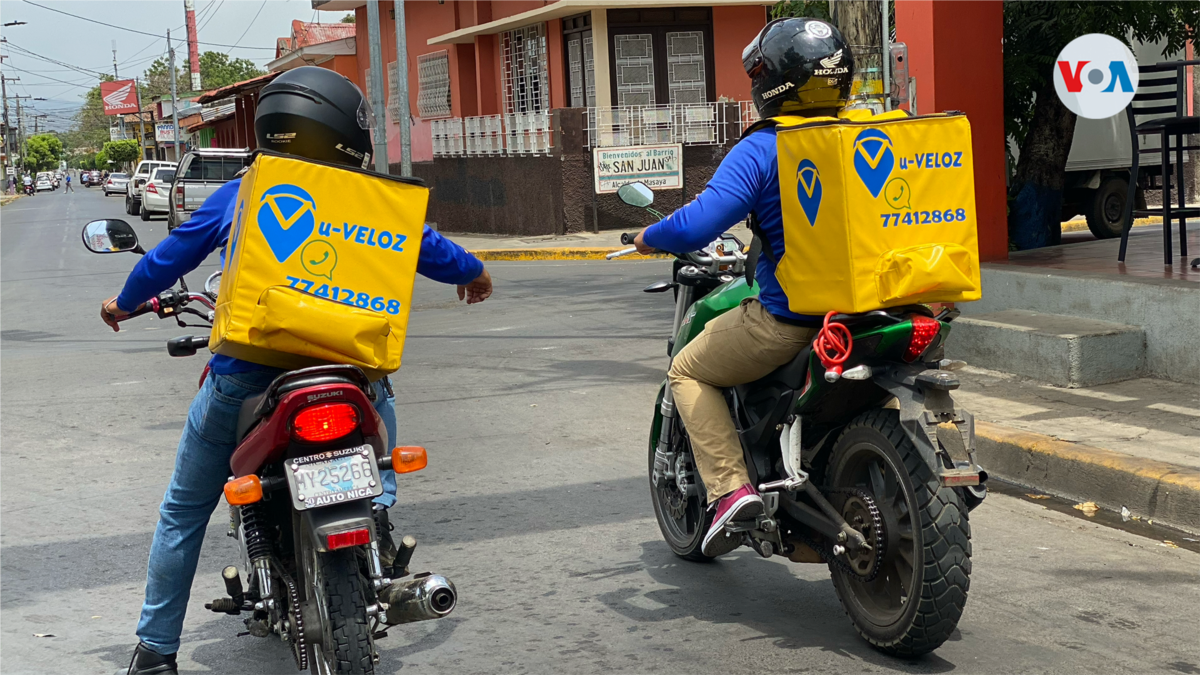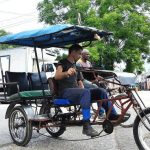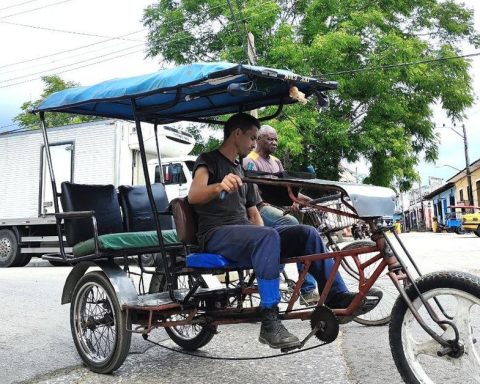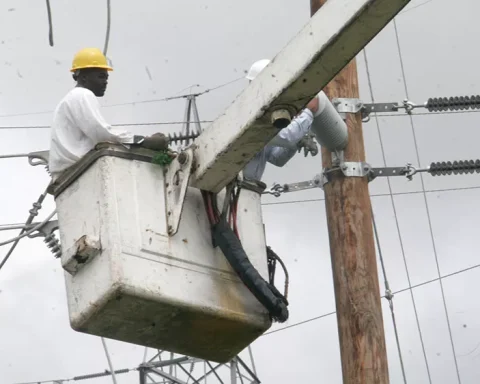The impact of COVID-19 in Nicaragua forced many people to take their own security measures and stay at home, which, as in the rest of the region and the world, meant new daily routines and consumptionwhile some of them are here to stay.
In the case of Nicaragua, these life changes occurred despite the fact that it was not precisely the government that guidedas in other countries, the closure of public places to stop the pandemic, as independent doctors noted at the time who were concerned about what they then classified as a vulnerability for the country and public health.
The rules imposed by the pandemic, such as social distancing, led to the fact that while many lost their jobs around the world, others found an economic opportunity in the delivery of food, medicines and other products delivered to their homes, a trade popularly known as “deliveries”.
a source of income
Santiago Fajardo was one of the Nicaraguans who took advantage of the pandemic to strengthen a small company called U-Veloz, which he founded months before COVID-19 arrived in Nicaragua in 2020. The company is still going strong to this day and has grown.
“For me the pandemic was a source of income, opportunities, visions because thank God, during the pandemic, orders rose 500%,” Fajardo told the Voice of America.
“During that time I had up to nine delivery men and it was beneficial because I gave jobs to several kids who support their families, and I was able to do it too,” he added.
He first case of COVID-19 in Nicaragua was reported by the Ortega government on March 18, 2020 and involved a person who had returned from Panama.
At that time, says the businessman Fajardo, in the city of Masaya, south of Managua, there was no boom in service companies, but after the pandemic that changed, so now he is looking for how to offer something new.
Lesther Moreno is another entrepreneur who lost his job at a call center during the pandemic, so he began teaching online classes to youth groups. “That was an alternative to have an income and at the same time continue teaching,” he explained to the VOA.
Earnings at the call center used to be about $600 a month in Nicaragua, but now as an online English teacher he makes $500. Lesther says the goal is to meet and exceed the income he had from his previous job.
“Now I no longer envision returning to a call centerRather, I rented a space to divide the classes in half face-to-face and the other to keep it virtual with the students,” he adds.
Pandemic left thousands unemployed
according to a study published in 2020 by the Nicaraguan Foundation for Economic and Social Development (Funides), a private entity that values the prospects in the country, some 43,000 people lost their jobs.
At the sectoral level, the impact of covid–19 initially affected 3 economic sectors: commerce, hotels and restaurants, and services
Data from the state-owned Nicaraguan Institute for Development Information (INIDE) showed that during the pandemic the labor participation rate in the country decreased from 71% in the first quarter of 2020, to 66.5% in the second quarter of the same year.
However, although formal jobs disappeared, at least 7,600 new ventures also emerged, according to said Nicaraguan government spokesperson and vice president, Rosario Murillo.
But those who decided to undertake, do not look back. Fajardo assures that several people in the city where he lives “saw that the business of delivery It worked and it was profitable, so today there are about 20 local shipping companies.”
“As there are 20 companies, the demand dropped because there is more supply and my goal is to recover the clientele from before, during the pandemic,” he says.
Connect with the Voice of America! Subscribe to our channel Youtube and activate notifications, or follow us on social networks: Facebook, Twitter and instagram.

















